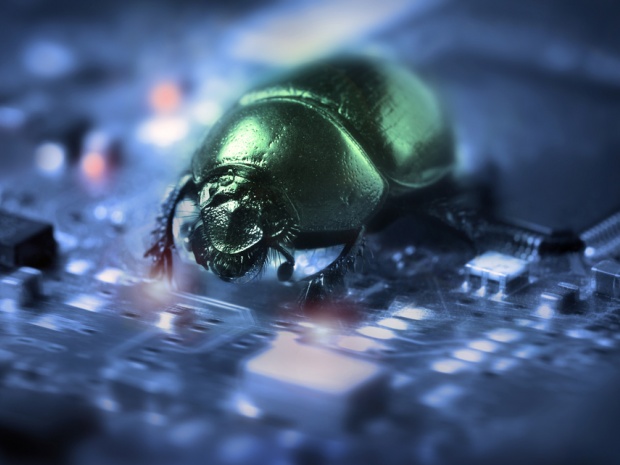CrowdStrike CEO Apologises for Global IT Disruption

The apology is addressed to the company’s customers and those affected, such as air travelers. A faulty update for the Falcon security software causes Windows computers to enter a boot loop.
The head of the cyber security company CrowdStrike has publicly apologised for his company’s faulty update, which led to worldwide IT outages. Among others, airlines, banks, hospitals and countless other companies had to accept massive disruptions or failures of their business operations, which led to canceled flights or postponed medical procedures.
Around 1200 flights were canceled in the USA alone. In Germany, for example, the airports in Berlin-Brandenburg, Düsseldorf and Cologne-Bonn were affected. There were also restrictions in Spain, Switzerland and India.
CrowdStrike confirmed during the course of Friday morning that the worldwide disruptions were not due to a cyber attack. Instead, the company admitted that it had delivered a faulty “update for Windows hosts”. “The issue has been identified, isolated and fixed,” Crowdstrike said. “We refer customers to the support portal for the latest updates and will continue to provide full and continuous updates on our website.
The software update was for CrowdStrike’s Falcon security software. It is designed to identify unusual behavior and vulnerabilities in order to protect computer systems from threats such as malware. The update caused Windows systems to crash with a blue screen of death and subsequent boot loop. To solve the problem, affected systems must be repaired manually by deleting faulty files.
CrowdStrike CEO George Kurtz not only expressed his regret over the incident, he also pledged his company’s support to all of its customers in resolving the issues. “We deeply regret the disruption we have caused to customers, travelers and everyone who has been impacted, including our company,” he said on NBC’s Today news program. “Many of the customers are restarting the system and it will work again,” Kurtz was quoted as saying. “For some systems that don’t recover automatically, it could take some time,” he added, but the company will “make sure every customer’s system is fully restored.”